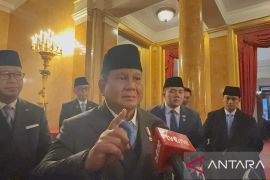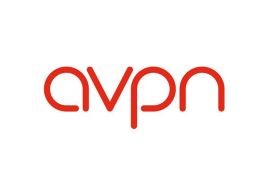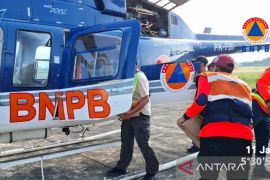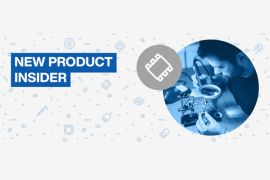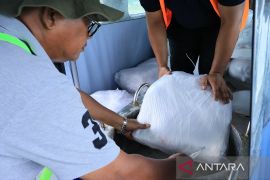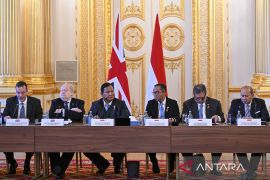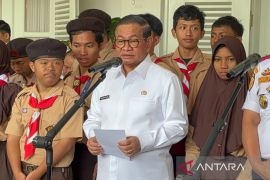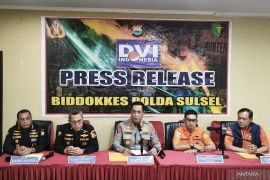"Of the 21 members of the Asia Pacific Economic Cooperation Forum (APEC), four have pioneered the development goods concept. For such goods, we will later ask for a special facility for international trade," Trade Minister Thomas Lembong said on the sidelines of the APEC meetings here on Monday.
He said the four pioneering countries are Peru, Papua New Guinea, Vietnam and Indonesia. He said if the concept is approved by the APEC members, a number of commodities categorized under development goods would attract reduced tariff.
Minister Thomas said farmers need special facilities when it comes to international trade in view of technical barriers they are facing, especially with regard to their products.
"Of course, we expect a zero tariff but, frankly speaking, there are technical obstacles, especially with regard to inspection, quarantine and surveyor reports," he said.
He said the four countries plan was put forth before all APEC members but added that negotiations did not always run smoothly.
"It was brought forth at the senior officials meeting but negotiations were not always easy as each camp has its own agenda and competes to make its own agenda the main priority. We, however, hope that the 21 member countries agree to the idea," he said.
The Director General of International Trade Cooperation of the Ministry of Trade, Bachrul Chairi, said no less than 157 products could be categorized as development goods. Among these, Indonesia would fight for certain goods, including palm oil, rubber, fishery and marine products and forestry products.
"These are products that contribute to the environment, including climate change. These products involve farmers and also small businesses and are related to poverty alleviation," he said.
A tariff of an average 13.5 percent is still being imposed on the products under development goods category while an average tariff of around 5.8 percent is imposed on APEC members.
Various issues are being discussed at the APEC 2015 meetings, including multilateral trade system, service trade, small and medium businesses, health, energy resilience and anti-corruption.
Several key issues to be discussed include realization of Free Trade Area of the Asia-Pacific (FTAAP), implementation of the agreement to reduce tariffs on environmental goods or APEC Environmental Goods List (EGs List).
The APEC meeting in Manila, the Philippines, will be attended by 21 APEC economies leaders.
The AELW is attended by senior officials, corporate leaders, trade ministers, foreign ministers and leaders from 21 APEC economies.
For the Philippines, this is the second such meeting held in the country after the first in 1996. The theme this time was "Building Inclusive Economies, Building a Better World," and had four main priorities: strengthening regional economic integration, increasing small and medium businesses participation in the regional and global markets, human resource development and building sustainable and resilient community.(*)
Editor: Heru Purwanto
Copyright © ANTARA 2015

